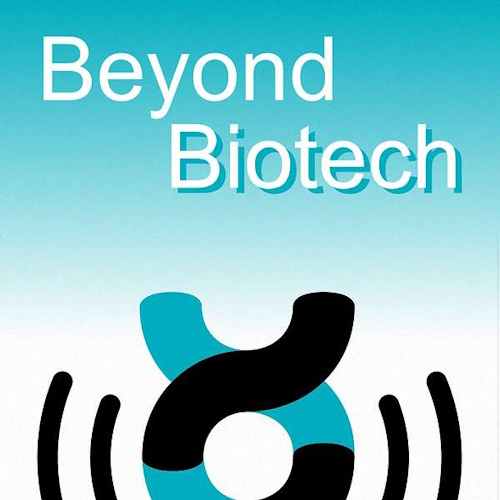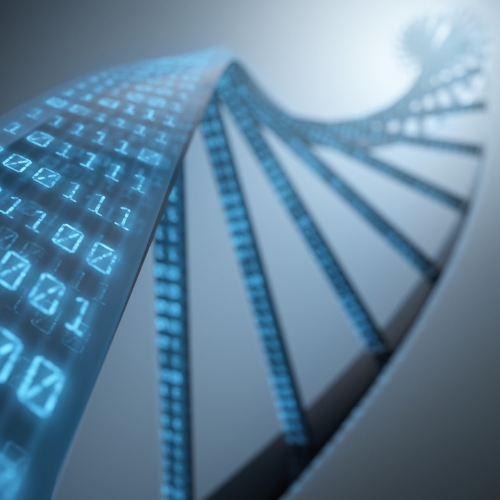How AI Is revolutionizing synthetic biology and biomanufacturing
Beyond Biotech podcast - Héctor García Martín on why biology is hard to engineer
This episode of Beyond Biotech features Dr. Héctor García Martín, a physicist-turned-synthetic biologist at Lawrence Berkeley National Laboratory. A pioneer in metabolic engineering and AI-driven robotics, he discusses why biology has long been difficult to engineer, how AI and self-driving labs are transforming biomanufacturing, and what this could mean for science in the coming years.
Key Points:
AI and robotics are transforming synthetic biology by enabling prediction, automation, and accelerated strain engineering. Self-driving labs close the loop between data, algorithms, and experiments, making biology more like an engineering discipline. These tools promise faster biomanufacturing, new therapeutics, and a fundamentally different way of doing science.
- Why biology is hard to engineer: Biological systems have countless interacting parts, unknown mechanisms, and emergent behaviours that make them far less predictable than physics or chemistry. Traditional mechanistic modelling often fails because most biological pathways remain uncharted.
- AI as a catalyst for prediction and design: Modern AI tools can optimize metabolic pathways without fully understanding every mechanism. By learning from data, they can propose gene edits or experimental conditions that significantly improve biochemical production.
- Self-driving labs- AI + robotics: García Martín describes autonomous laboratory systems where AI chooses the next experiment and robots execute it. These platforms run continuously, avoid human bias, miniaturize workflows onto microfluidic chips, and accelerate discovery.
- Real-world biomanufacturing gains: In one project, his team used AI-guided CRISPR interference to boost production of an aviation-fuel precursor in Pseudomonas by ~5,000%—a leap far too complex for human-designed experiments alone.
- Future impact on science and medicine: AI-driven labs could create “digital twins” of microbes, materials, and eventually humans—allowing automated knowledge generation, rapid drug design, new biomaterials, and predictable biology. This shift will reshape both large pharmaceutical companies and agile biotech startups.
Visit website: https://www.youtube.com/watch?v=NjafSuUSf0Q
See alsoDetails last updated 11-Nov-2025





